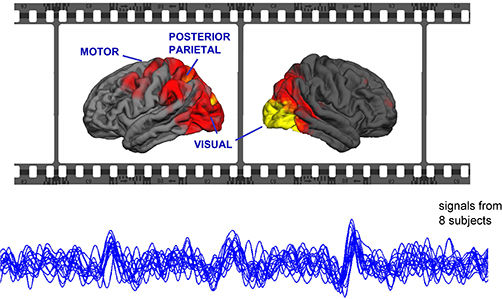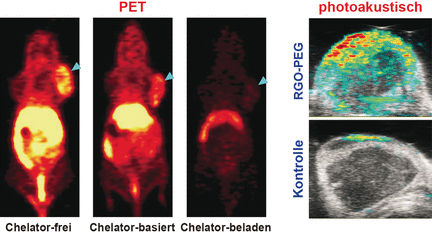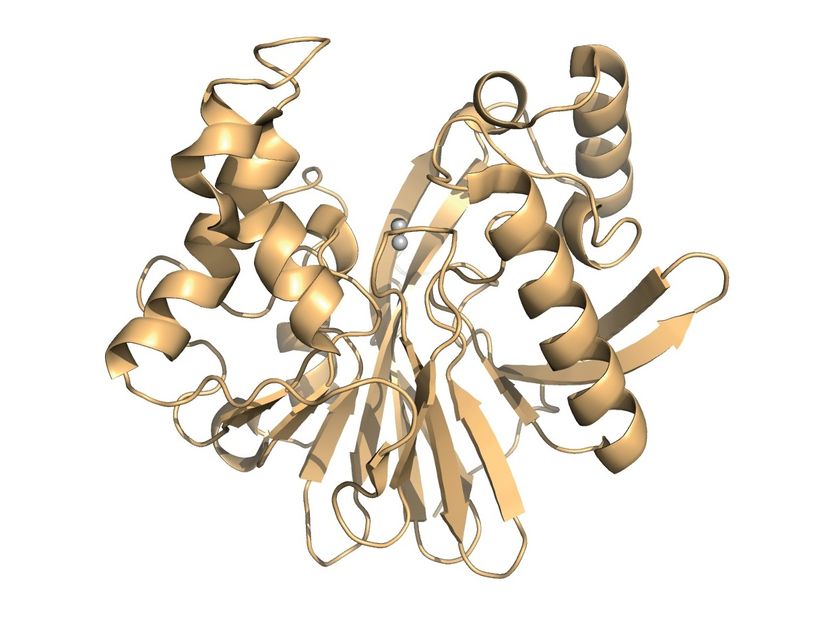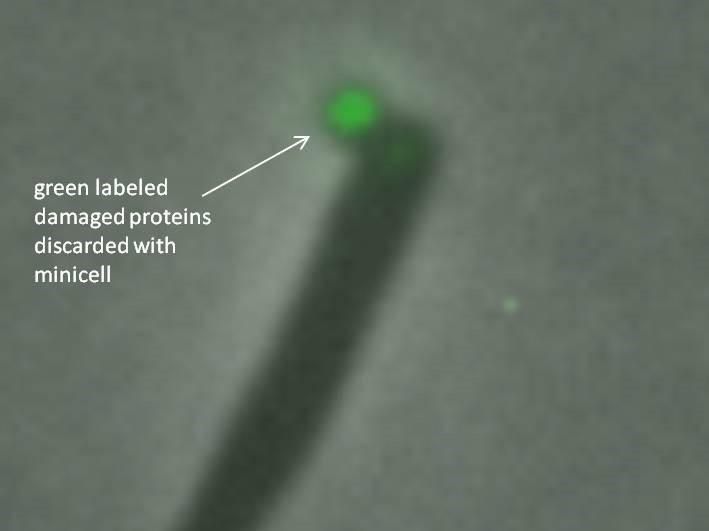Rhythmic genomics - the yeast metronome and the walk of life
New genome sequence information from the humble baker's yeast has revealed surprising variation in a set of genes that can be thought of as nature's oldest clock. In a paper published in Genome Research scientists show how ribosomal RNA genes that are essential to all Earth's organisms provide insight into how genomes maintain their integrity on their evolutionary journey.
Ribosomal RNA sequence changes have been ticking away like clockwork for over 3 billion years, maybe even pre-dating the origin of the DNA world itself. However, even the slightest changes in sequence of these genes can be fatal. It is vital to conserve the important genetic 'cogs' to make sure cells function correctly. However, significant changes do occur, contrary to expectation, and yet the yeast somehow still survives.
Furthermore, when two yeasts hybridise the clocks appear to re-set, apparently overwriting each others' rhythm and eliminating unwanted variations on the theme. This provides clues as to how key motifs are conserved and allows us to track the evolutionary history of hybrids.
Steve James, lead researcher at the Institute of Food Research (IFR), said "I have sequenced these genes to selectively identify yeast species for over 15 years and had no idea they would turn out to be so variable."
Rob Davey, computational biologist at the National Collection of Yeast Cultures (NCYC), said "we can use new computer techniques to model the changes mathematically and really get to grips with what orchestrates the variation in these important cell housekeepers."
Original publication: "Repetitive sequence variation and dynamics in the ribosomal DNA array of Saccharomyces cerevisiae as revealed by whole-genome resequencing"; Genome Res. 2009. 19: 626-635.
Most read news
Topics
Organizations
Other news from the department science

Get the life science industry in your inbox
By submitting this form you agree that LUMITOS AG will send you the newsletter(s) selected above by email. Your data will not be passed on to third parties. Your data will be stored and processed in accordance with our data protection regulations. LUMITOS may contact you by email for the purpose of advertising or market and opinion surveys. You can revoke your consent at any time without giving reasons to LUMITOS AG, Ernst-Augustin-Str. 2, 12489 Berlin, Germany or by e-mail at revoke@lumitos.com with effect for the future. In addition, each email contains a link to unsubscribe from the corresponding newsletter.
Most read news
More news from our other portals
Last viewed contents
Mutation of BAP1 gene passed down over centuries
Pfiesteria_piscicida
Osmotic_demyelination_syndrome

Movies synchronize brains - When we watch a movie, our brains react to it immediately in a way similar to other people's brains.
Innovative genetic and cellular techniques help identify multiple disease targets

Direct radiolabeling of nanomaterials
Research will speed tracing bacteria behind salmonella outbreaks

New insights into the evolution of proteins
Glycogen_storage_disease
Spinocerebellar_ataxia_type-13

Bruker to acquire the NanoString business in an asset deal






















































